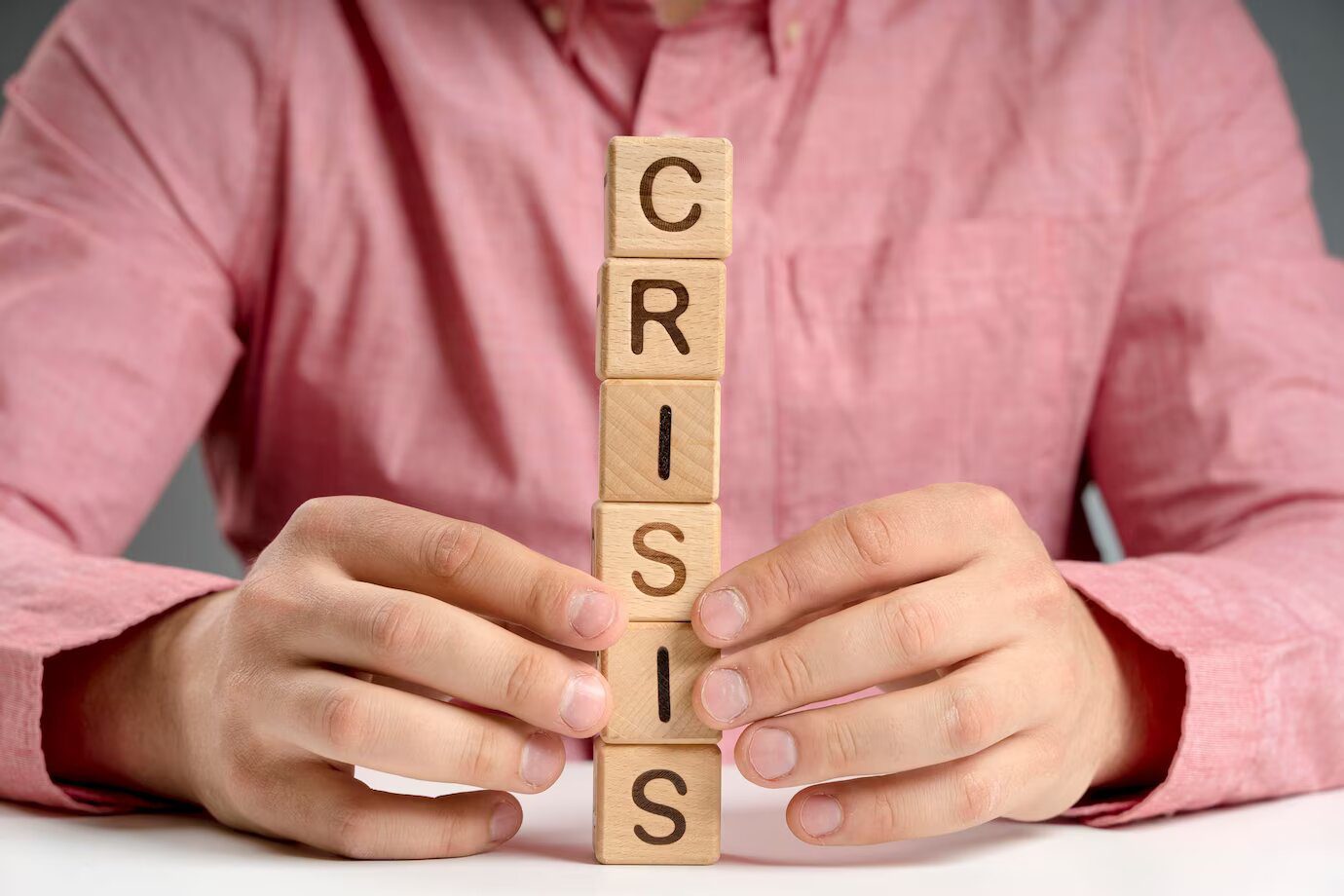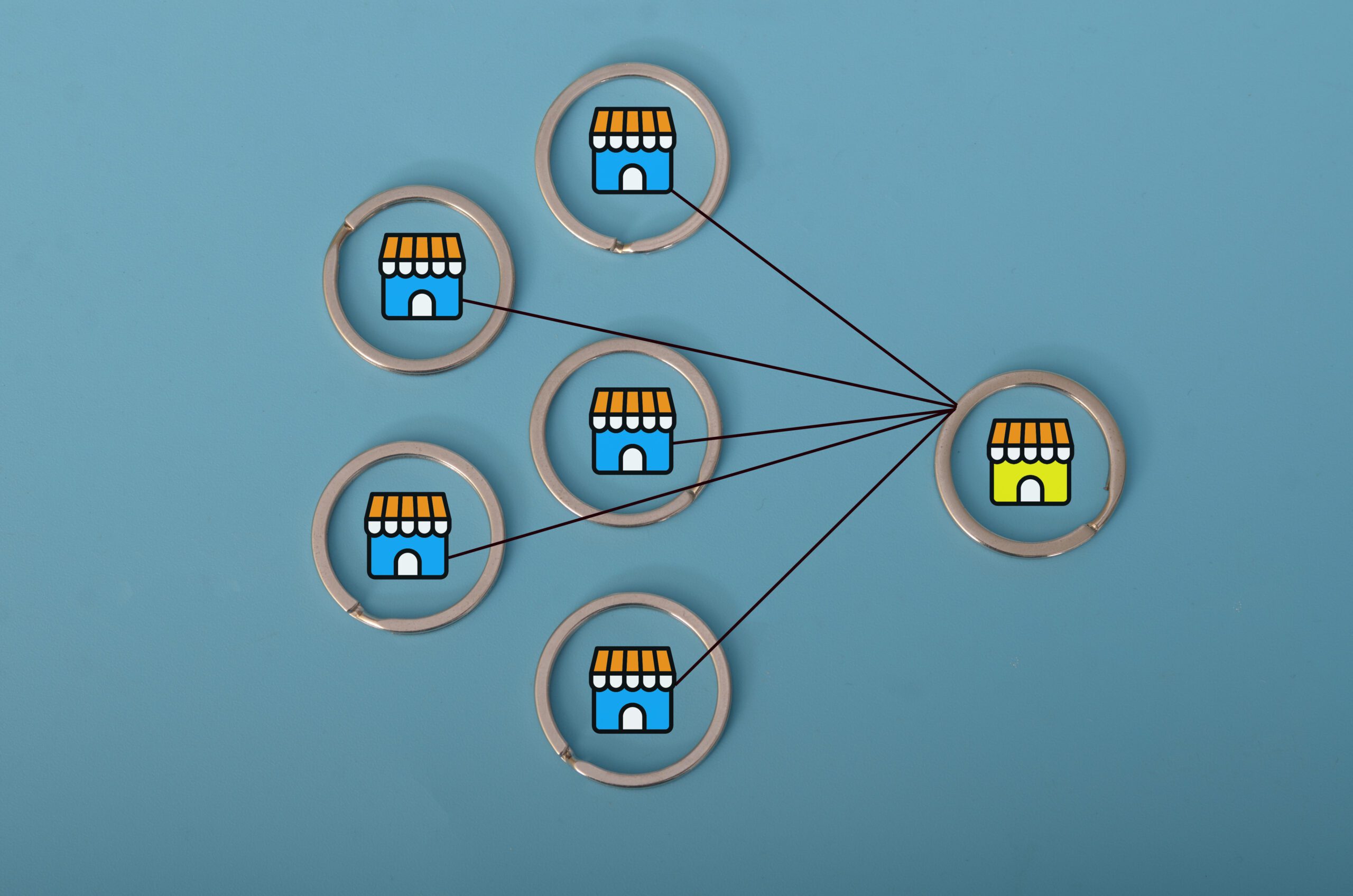The Connection Between Reputation And Crisis Preparedness

Managing a crisis effectively is essential for an organization’s long-term survival and success. Reputation is also important in an organization’s ability to prepare for and effectively respond to a crisis.
This article will examine the importance of a strong reputation in crisis preparedness and provide an overview of organizations’ strategies for protecting their reputations during a crisis.
Additionally, the article will explore the lessons organizations can learn from analyzing their reputation recovery post-crisis.
⇒ Read our different articles:
→ How to Respond to 1 Star Reviews
→ How Your Image Can Benefit From Reputation Management Services
→ And more, visit our blog!
The Importance of a Strong Reputation in Crisis Preparedness
A strong reputation is a vital part of an effective crisis preparedness plan. To build this foundation, the first step involves identifying and understanding potential reputation risks. The plan should then include strategies to address these risks and prevent new ones from emerging.
Identifying and Understanding Reputation Risks
Inadequate preparation for reputation risks can result in severe consequences for an organization. Since reputation risks can take many forms, it’s essential for companies to proactively identify and understand them.
These risks often include negative public opinion, customer complaints, media scrutiny, and shifts in regulatory requirements. However, unexpected events like natural disasters, data breaches, and employee misconduct can also threaten an organization’s reputation.
By dedicating time to assessing these risks, companies can develop effective strategies to mitigate them. This process includes conducting thorough risk assessments, creating a crisis plan, and establishing a strong communications strategy. It’s equally important to ensure that employees receive adequate crisis training and have access to necessary resources. Proactively addressing potential risks allows organizations to prepare for various situations they may encounter.
Developing a Comprehensive Crisis Preparedness Plan
To manage potential reputation risks effectively, organizations should develop a comprehensive crisis preparedness plan. This plan should begin with a detailed analysis of potential scenarios, followed by strategies that outline the best responses to each crisis. Key elements of this plan include clear action steps, a timeline for implementation, and a monitoring system to evaluate its effectiveness.
A thorough risk assessment should identify specific vulnerabilities and analyze the potential financial and legal impacts of a crisis. Additionally, the plan must establish a structured process for communicating with stakeholders, the media, and the public during a crisis.
| Component | Description |
| Analysis | Detailed analysis of the situation |
| Strategy | Plan for responding to the crisis |
| Steps | Specific steps for addressing the crisis |
| Timeline | Timeline for implementing the steps |
| Monitor | Method of monitoring and evaluating the plan’s effectiveness |
| Risk | Risk assessment to identify potential vulnerabilities |
| Impact | Potential impact of the crisis |
| Reputation | Analysis of the organization’s reputation |
| Legal | Potential financial and legal implications |
| Communication | Process for how to communicate the situation and the organization’s response |
Proactive Reputation Management for Effective Crisis Response
Proactive reputation management is an essential part of effective crisis response. Monitoring social media closely allows companies to identify and address crises in real-time, building trust among stakeholders.

Utilizing Social Media to Monitor and Address Crisis Situations
Leveraging social media to monitor and respond to crises can significantly reduce reputational damage. By staying proactive, organizations can swiftly address emerging issues before they escalate into full-blown crises.
Ideally, an experienced team should oversee social media monitoring. This team should be able to assess risks quickly and act decisively. Additionally, analyzing social media trends and feedback can help identify potential problems before they harm the organization’s reputation.
Responding to Stakeholder Concerns During and After a Crisis
Addressing stakeholders’ concerns during and after a crisis is essential for maintaining a positive public image. Organizations that respond promptly and transparently are often more successful in retaining stakeholder trust. Effective crisis communication should include regular updates and reassurance to those impacted by the crisis.
A well-prepared organization will have a plan to monitor stakeholder feedback and address their concerns. Actions may include providing status updates, outlining steps taken to resolve issues, and offering solutions where possible.
Crisis Communication Strategies for Protecting Your Reputation
Effective crisis management requires a well-planned communication strategy to safeguard and rebuild an organization’s reputation. Transparency and accountability are essential, as is a strong public relations approach.
Leveraging Transparency and Accountability in Crisis Management
Transparency and accountability can significantly enhance an organization’s reputation during a crisis. Open and honest communication demonstrates that the organization is committed to addressing the issue responsibly. This approach can foster positive perceptions among stakeholders, who are more likely to trust organizations that take an honest, proactive approach.
In contrast, companies that avoid transparency and accountability risk damaging their credibility. Stakeholders tend to place more trust in organizations willing to confront issues directly rather than those that seem elusive or evasive.
The Role of Public Relations in Rebuilding Reputation
Public relations is a powerful tool for restoring an organization’s reputation following a crisis. PR efforts should focus on clear communication, transparent decision-making, and actions that highlight the organization’s commitment to positive change.
Through well-planned PR campaigns, companies can emphasize their dedication to improvement and respond to stakeholder concerns. The goal is to rebuild trust, restore a positive public image, and refocus on future goals.
Lessons Learned: Analyzing Reputation Recovery Post-Crisis
Continuous improvement in crisis preparedness is essential for effective reputation recovery. By analyzing past crisis outcomes, organizations can refine their communication plans and strategies to better prepare for future situations.

Continuous Improvement: Adapting Crisis Preparedness Strategies
Evaluating and updating crisis preparedness strategies regularly is crucial to maintaining their effectiveness. Organizations must be prepared to act quickly and decisively in any scenario that could impact their reputation.
A proactive approach involves anticipating possible crises and developing a detailed response plan. Regularly reviewing this plan helps ensure it remains relevant, equipping the organization to respond effectively when necessary.
Preparing for unexpected challenges can help organizations protect their reputation and improve their ability to manage future crises.
Conclusion
Ultimately, reputation and crisis preparedness are deeply connected. A strong reputation enhances an organization’s ability to respond to and recover from crises effectively. Proactive reputation management and robust crisis communication strategies are vital for protecting and restoring reputations.
By learning from post-crisis experiences, organizations can refine their approaches and better prepare for future challenges. Reputation and preparedness go hand in hand, making it essential for companies to stay vigilant and ready to face any potential crisis.



